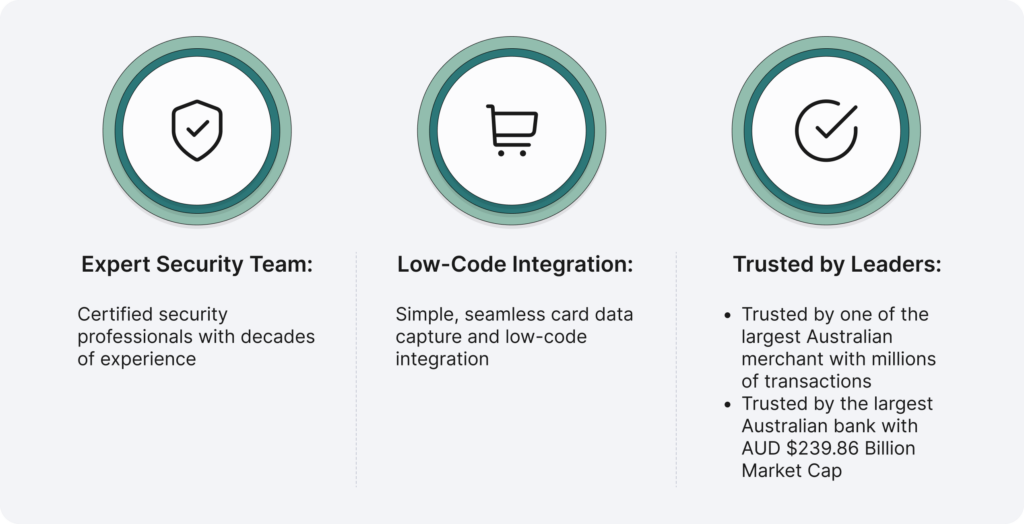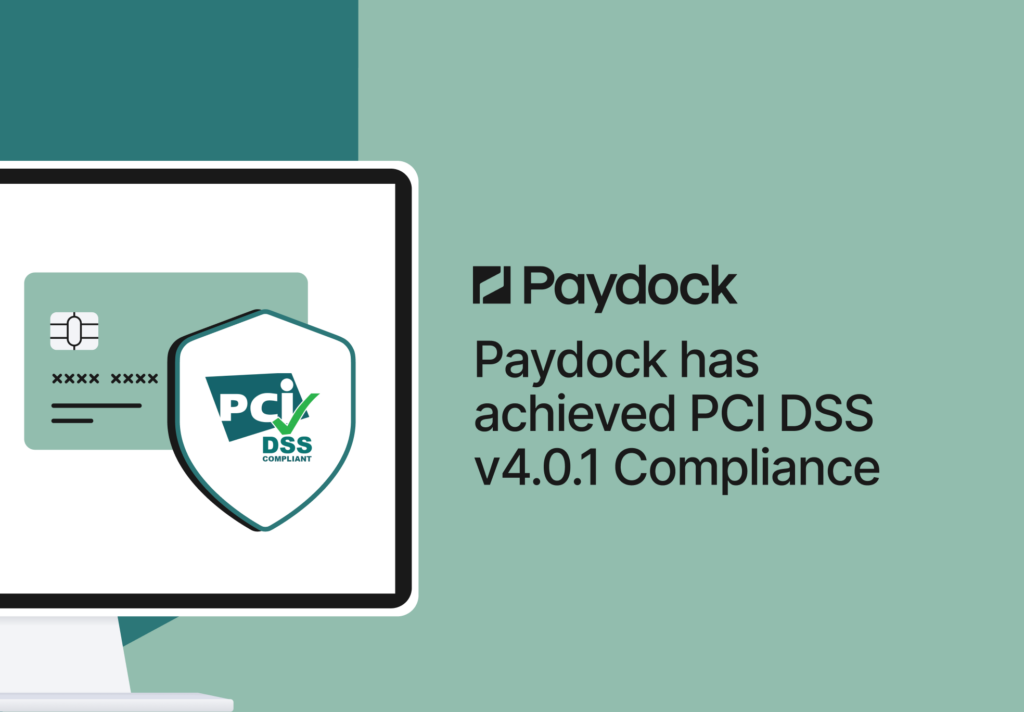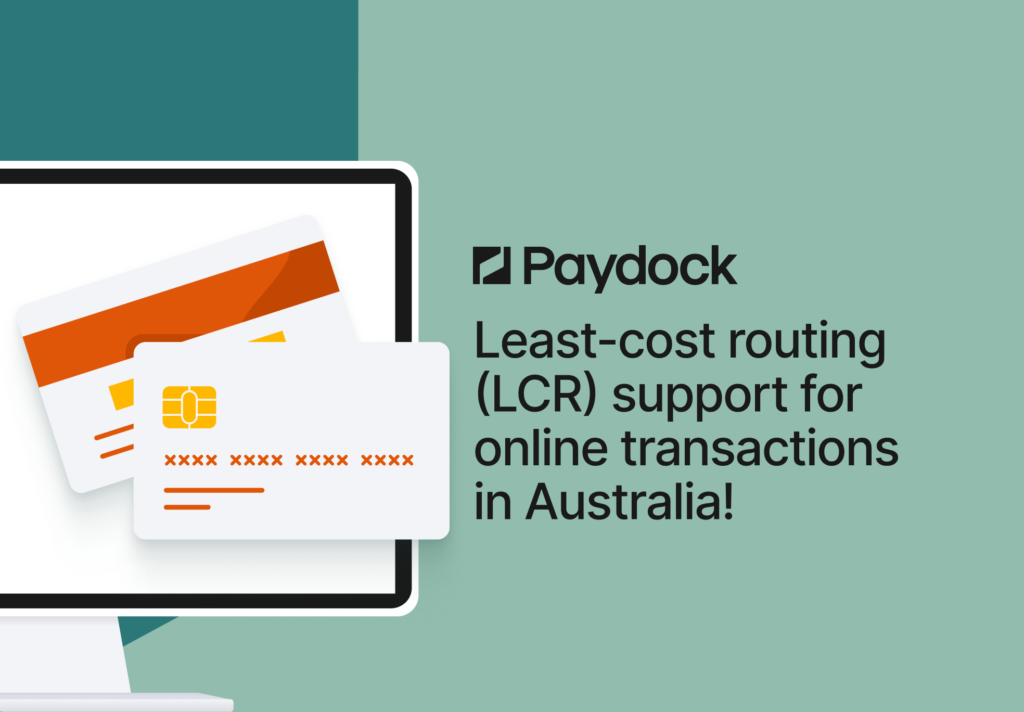Next-Level Security: Achieving PCI-DSS v4.0.1 Compliance
The payment industry continues to expand annually. According to McKinsey, electronic transaction growth has outpaced overall payments revenue growth by nearly 3 to 1 over the past five years. Despite this rapid digital growth, cash transactions still account for $26 trillion, presenting a significant opportunity for further digitisation and expansion of online payment methods.
Why does it matter?
The transition from cash to online payments has significantly increased merchants’ responsibility to safeguard customer data, extending far beyond regulatory compliance to directly impacting business success. For merchants, the primary goal is growth, which ultimately translates to revenue – a key indicator that customers value and trust their products and services.
Revenue growth signifies more than just financial success; it reflects customer satisfaction, loyalty, and positive word-of-mouth recommendations. Moreover, it represents how products and services enhance customers’ lives, bringing joy and fulfilment. Consider the example of parents purchasing Christmas gifts online: they seek not only high-quality products but also a secure, trustworthy payment experience.
Merchants’ success is intrinsically linked to customer happiness. Every interaction, including the checkout process, plays a crucial role in shaping the customer experience. Therefore, it’s vital to ensure that sensitive data, such as credit card information, is protected by the highest industry standards such as PCI-DSS. This commitment to security not only safeguards customers but also builds the trust necessary for long-term business growth and customer loyalty.
Why choose Paydock as a trustworthy PCI-DSS compliant partner?
Merchants that store, process or transmit sensitive card information must adhere to PCI-DSS standards. They face two primary compliance options:
The first option involves managing compliance in-house. This approach requires navigating complex requirements and significant expenses, including specialized infrastructure and expert resources. This approach demands substantial technical expertise and ongoing investment.
The second option is partnering with a trusted provider. This route may appear simpler and more cost-effective initially. However, it carries hidden risks. If the chosen provider fails to meet their obligations, the merchant could face potential reputation damage and revenue loss.
At Paydock, we have built a deep understanding of these risks and challenges and are committed to providing world-class solutions to empower merchants.

What is PCI-DSS v4.0?
PCI-DSS v4.0 is the latest version of the Payment Card Industry Data Security Standard, significantly enhancing the security of storing and processing card data. This updated standard introduces more rigorous controls and flexible implementation methods to combat evolving cyber threats.
How does it work with Paydock?
The PCI-DSS V4.0 removes the option to use disk encryption to protect card data, as disk-level encryption allows anyone with relevant access rights to access the data in clear text. From version 4.0, card data must be encrypted either at the file level on disk or at the field level in a database.
At Paydock, we have chosen to introduce field-level encryption in the database. Field-level encryption provides several benefits, providing greater control over the encryption process while strengthening the security of sensitive data. By implementing field-level encryption, we ensure that even if an unauthorised party gains access to the database, they cannot view raw card data, as it remains securely encrypted and concealed.
Furthermore, it ensures that data is encrypted before it is transmitted to the database and remains encrypted when read from the database, with decryption occurring only at the point of use. It also prevents data transmission in an open format, eliminating the risk of raw data theft in between the application and the database.
This approach protects sensitive information from unauthorised access and reduces the risk of data breaches.
Here are the key concepts you will find at Paydock, allowing us to provide the highest level of protection for sensitive data:
Envelope encryption
The process of encryption is implemented using envelope encryption, which employs a modern Key Management System (KMS) together with secure algorithms for data encryption keys. Envelope encryption is secure and suitable for this use case because it separates the data encryption keys from the key-encryption keys, adding an extra layer of protection.
This method ensures that even if the data encryption key is compromised, the key-encryption key remains secure, protecting the overall encryption process. Envelope encryption also simplifies key management by allowing the secure storage and handling of keys, which is critical for maintaining the integrity and confidentiality of sensitive data.
Key rotation
The Key Management System handles key rotation to provide enhanced security for the encrypted data and prevent applications from prolonged use of the same keys. Key rotation is important because it limits the amount of data encrypted with a single key, reducing the risk of key compromise and ensuring that even if a key is compromised, the amount of exposed data is minimised. Regular key rotation also helps in complying with security policies and standards, ensuring that encryption practices remain robust and up-to-date.
Data expiration
As required as part of our PCI-DSS compliance, Paydock has also implemented a reliable process for the removal of card data once it is no longer required or when the retention period has expired. This is essential to prevent indefinite storage of sensitive data and reduce security risks. Timely data removal is important as it minimises the risk of data breaches and ensures compliance with data protection regulations. By removing outdated or unnecessary data, we reduce the potential attack surface and protect our customers’ sensitive information.
Data and access isolation
Paydock provides the data and access isolation for the card data at the database level. This ensures that access to the data remains protected and each entity can access only their own data. By enforcing strict isolation, we enhance the security of sensitive information, maintain data integrity and confidentiality, and ensure that access is tightly controlled and continuously monitored.
Monitoring
To ensure that the described processes work smoothly, Paydock has implemented monitoring and alerting solutions to provide real-time visibility into security and system performance.
As part of the observability process for the sensitive data, we are monitoring:
- Timely data removal to ensure compliance with retention policies.
- The encryption process to ensure there are no errors during the sensitive process
- Network traffic to identify and mitigate potential security threats in real-time.
- Appropriate access controls to ensure that only authorised users can access sensitive data.
- Data validation processes to prevent corruption, inconsistencies, or unauthorised modifications.
Continuous monitoring helps in detecting and responding to potential security incidents promptly, ensuring that our security measures remain effective.
Each concept described above has allowed us to build an enhanced, scalable, and secure architecture with strengthened authentication and processes in line with global financial standards. Our commitment to PCI-DSS V4.0 compliance demonstrates our dedication to protecting our customer’s sensitive information and maintaining the highest levels of security in our operations.
For additional insights and background, be sure to explore our other articles:
- API Security – How resilient is your business to data leaks?
- Benefits of Orchestration For Banks & Financial Institutions
For more information on how to integrate products offered by Paydock, please contact us.
Author: Maryna Rybalko

